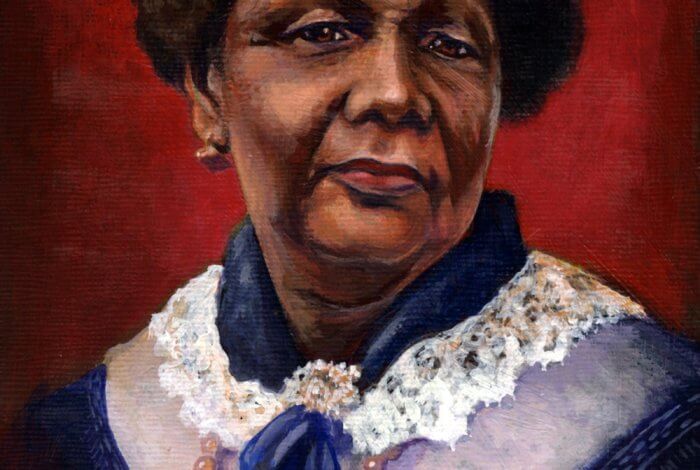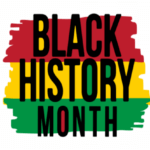
Celebrating Black History Month
October 16, 2020 | News Share
October is Black History Month and time to remember and celebrate the rich contribution
made to British life by people of colour.
In a year when people all over the world took to the streets to insist that Black Lives Matter,
and while the coronavirus pandemic has disproportionately affected some of our ethnic
minority communities, it is more important than ever to bring the lives and histories of Black
people in Britain into the spotlight.
Let’s start by remembering that Black people have been making their mark in Britain since at
least the 1700s.
Olaudah Equiano became rich and famous after publishing his autobiography in 1789. It
detailed his life as a slave and then a free man. He went on to become the first Black man
ever to be employed by the British Government.
In the 1800s, Jamaican Mary Seacole nursed British soldiers in the Ukraine at her own
expense – after the War Office refused to employ her.
In the 1900s, migrants became ever more important to British life – especially given the
shortage of labour for key sectors after the Second World War. A wave of South Asians
made Britain their home in this period.
Meanwhile, Afro-Caribbeans and others arrived here on the Empire Windrush on 22 June
1948 – just days before the launch of the NHS on 5 July. Today, one in five NHS staff are
from Black or Asian Minority Ethnic backgrounds – with roots in more than 200 countries.
Waltham Forest has raised its own share of famous Black Britons. TV presenter June
Sarpong went to Connaught Girls School and Sir George Monoux College. Footballer Fabrice
Muamba went to Kelmscott School.
Patricia Janet Scotland (Baroness Scotland of Asthal) went to Walthamstow Girls’ School and
is currently Secretary General of the Commonwealth of Nations. MP and Minister Kwasi
Kwarteng was born in Waltham Forest.
Singer-songwriter Fleur East comes from Walthamstow and so does grime artist and actor
Lethal Blizzard (Maxwell Owusu Ansah) – among others.
Here at WFHA, we celebrate these stories, as we value our own BAME residents, Board
members and staff. We hope you enjoy exploring Black History this month – even though it
has mostly moved online this year.



